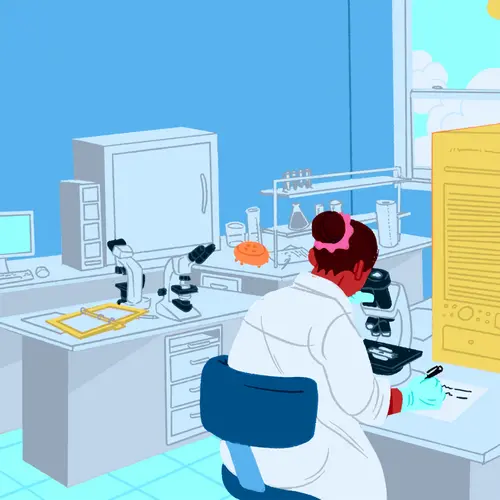When you're going through cancer treatment, it’s important that you don’t get dehydrated. That's when your body loses more fluid than you take in. When there isn’t enough water in your system, it can't work the way it should.
Fluid has many jobs in your body. It:
- Controls your heart rate and your blood pressure
- Keeps your body temperature steady
- Removes toxins and waste
- Carries nutrients and oxygen around your body
- Protects organs, tissues, and joints
Cancer Treatment and Dehydration
Your treatment can lead to dehydration in several ways:
- Side effects like vomiting and diarrhea can make you lose a lot of fluid. Medications, surgery, radiation therapy, or even the foods you eat with your treatment can cause it.
- Chemotherapy can dry you out.
- A high temperature can lead to dehydration. When you're being treated for cancer, you have a chance for developing an infection that can cause a fever
How to Avoid Dehydration
Make sure you drink enough water before, during, and after your treatment:
Sip all day. It isn’t enough to drink water when you’re parched. You can get dehydrated and never feel thirsty. Some health experts suggest at least 8 glasses of liquid a day, even more if you have diarrhea or vomiting. Ask your doctor how much sounds right for you.
Try other liquids. If water doesn't do it for you, try something else. Milk, juice, sports drinks, and decaf coffee or tea all count as fluids. Sometimes, drinks with ice are easier to swallow.
Foods count, too. Soups, frozen pops, gelatins, fruits, and vegetables all have liquids. Choose foods with high water content, like watermelon, lettuce, and broccoli.
Suck on ice chips. If you can't stomach the idea of drinking or eating, try ice chips. A few at a time will give you a little liquid. It takes a lot to add up to a glass of water, but every little bit helps.
Keep track. It's hard to know how much liquid is coming in and going out unless you measure it. Log how many ounces you drink, and record how many times you throw up or have diarrhea. This will help if you have to call your doctor about symptoms.
Signs of Dehydration
Here are some other things to look for:
- Dry mouth, tongue, or lips
- Dizziness
- Feeling weak or tired
- Nausea
- Constipation
- Dry skin
- Swollen, dry, cracked tongue
- Fast weight loss
- Headache
- Dark yellow urine or less urine
- Irritability
When to Call the Doctor
Dehydration can be serious if you don't get it under control. Let your doctor know if you have any of these symptoms:
- Extreme thirst that doesn't go away when you drink
- Irritability or confusion
- You can't sweat or pee
- Fever
- Fast heartbeat
- Very dark urine
- Low blood pressure
